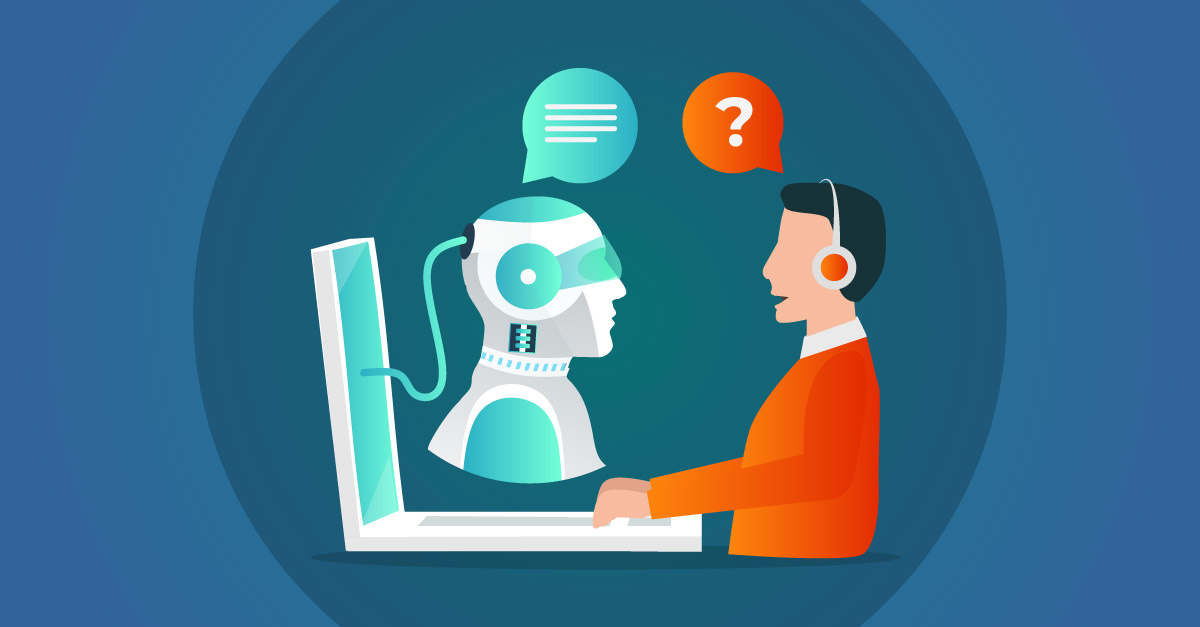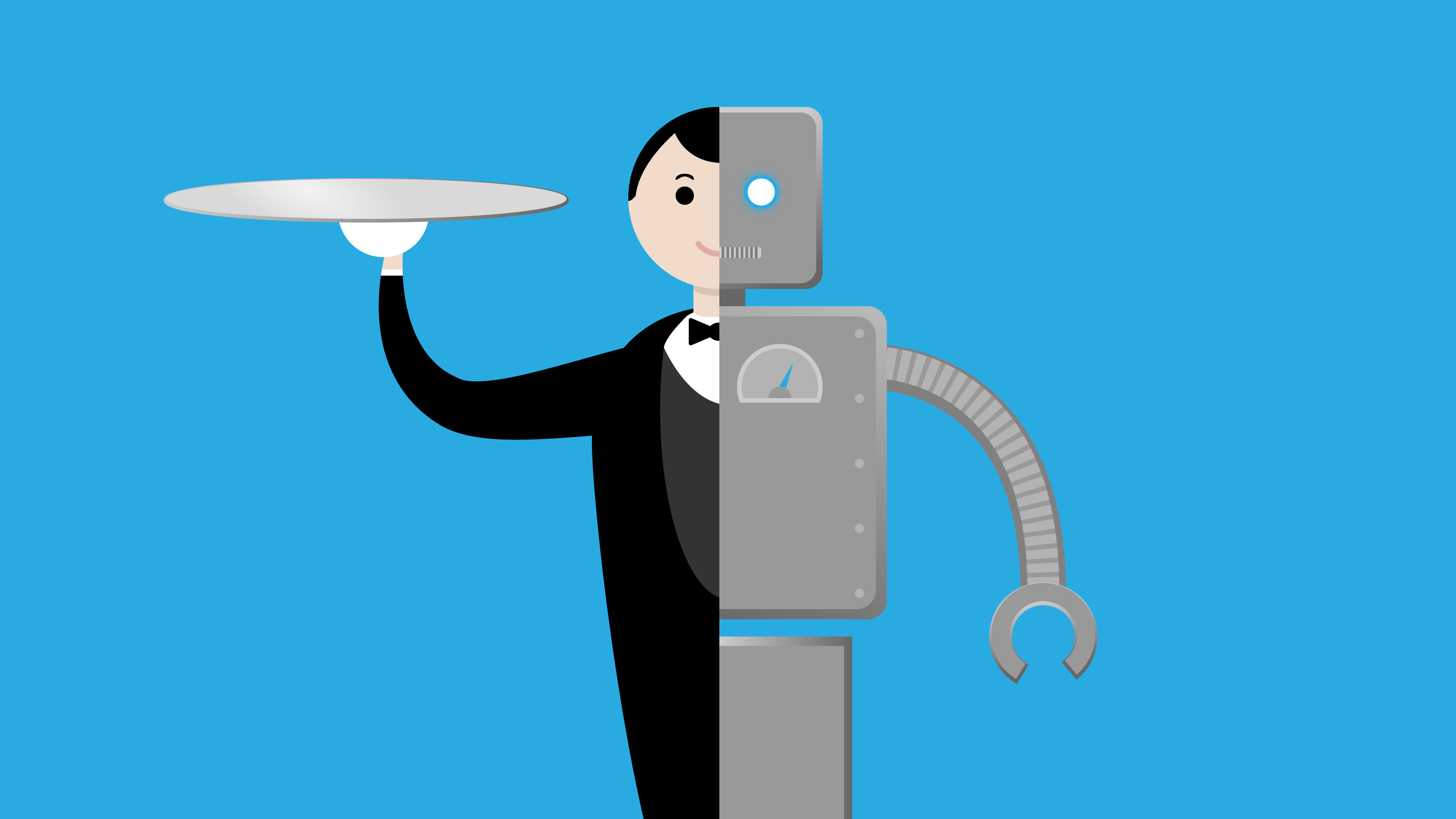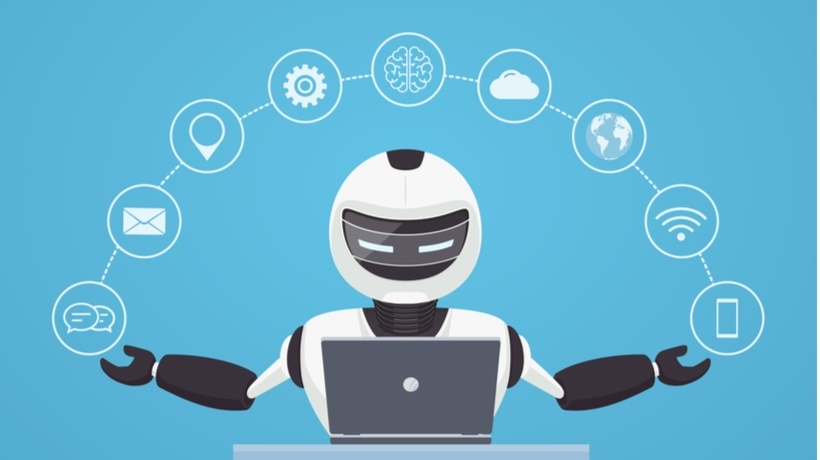The Impact of AI on Culture: Exploring its Role in Cultural Exchange, Representation, and Trends
Explore the impact of AI on culture, including its role in cultural exchange, representation, and trends. Discover how AI is revolutionizing our understanding of culture and promoting global connections.
Author
EZ-AIThe Impact of AI on Culture: Exploring its Role in Cultural Exchange, Representation, and Trends
Introduction
Artificial intelligence (AI) has become an increasingly important tool in various fields, including culture. From music and art to language and media, AI is transforming the way we interact with and understand culture. In this article, we will explore the ways in which AI interacts with culture, its role in cultural exchange, its impact on cultural representation in media, and its influence on cultural trends.
How does AI interact with culture?
AI interacts with culture in various ways. One of the most significant ways is through the creation of art and music. AI algorithms can analyze patterns in existing works and generate new pieces that mimic the style of famous artists or composers.
For example, Google's Magenta project has created an AI that can compose music in various genres, while The Next Rembrandt project used AI to create a new painting in the style of the famous Dutch artist.
What role does AI play in cultural exchange?
AI plays a significant role in cultural exchange by breaking down language barriers and making cultural content more accessible. Translation tools powered by AI can help people communicate with others who speak different languages, allowing for more meaningful cultural exchange. AI can also analyze cultural content, such as music and art, to identify patterns and similarities across cultures, promoting cross-cultural understanding. If you want to try a platform that will help you apply AI tools, check this out.
How does AI affect cultural representation in media?
AI has the potential to affect cultural representation in media in both positive and negative ways. On the one hand, AI can help increase representation by identifying and promoting diverse voices and perspectives.
For example, AI algorithms can analyze social media data to identify underrepresented groups and amplify their voices. On the other hand, AI can also perpetuate biases and stereotypes if not properly programmed. For example, facial recognition algorithms have been shown to be less accurate for people with darker skin tones, which can perpetuate racial biases in media.
How does AI influence cultural trends?
AI can influence cultural trends by analyzing patterns in cultural content and identifying emerging trends.
For instance, AI algorithms can analyze social media data to identify popular topics and hashtags, which can be used to predict future trends. AI can also be used to create personalized recommendations for cultural content, such as music and movies, based on individual preferences and consumption patterns.
Conclusion
AI is transforming the way we interact with and understand culture. From creating new art and music to breaking down language barriers and identifying cultural trends, AI has the potential to promote cross-cultural understanding and increase representation.
However, it is important to be aware of the potential biases and limitations of AI and to ensure that it is used in a responsible and ethical manner. As AI continues to evolve, it will be interesting to see how it shapes the future of culture and cultural exchange.
FAQs
Can AI be used to preserve cultural heritage?
While the article mentions how AI can create new art and music, it doesn't delve into how AI can be used to preserve cultural heritage. AI can be used to digitize and preserve cultural artifacts, such as historical documents and artwork, making them accessible to a wider audience. Additionally, AI can be used to analyze and interpret cultural artifacts, providing new insights into their historical and cultural significance.
How can AI be used to promote cultural exchange in education?
AI-powered language learning tools can help students learn about different cultures and languages. Additionally, AI can be used to create personalized learning experiences that cater to individual students' cultural backgrounds and learning styles.
What are the ethical implications of using AI in cultural representation?
While the article briefly touches on how AI can perpetuate biases and stereotypes, it doesn't delve into the ethical implications of using AI in cultural representation. It's important to consider how AI algorithms are programmed and trained, as they can perpetuate biases if not properly designed. Additionally, it's important to consider who is creating and controlling the AI algorithms, as they can have significant power in shaping cultural representation in media.



